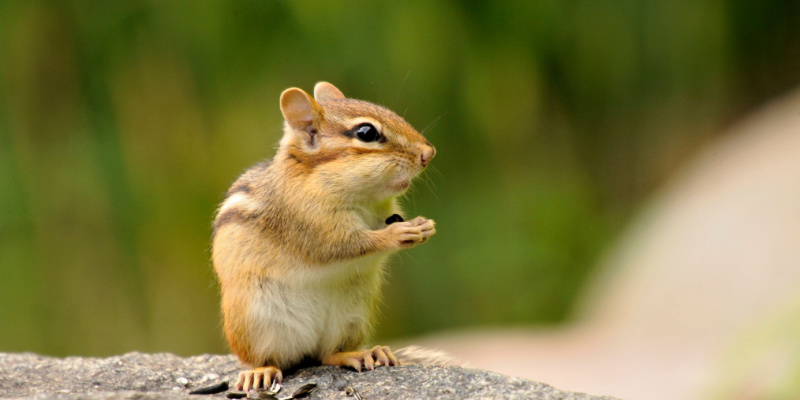As temperatures begin to drop, many people start to notice an increase in rodent activity in their homes or office. Rodents, including mice and rats, can cause various problems and leave homeowners feeling overwhelmed. But why do rodents seem to be more active during the winter months? This article aims to explore the reasons behind this phenomenon and provide tips on how to prevent winter rodent infestations.
Searching for Warmth
Homeowners should be aware that this time of year can bring unwelcome guests into their homes or businesses. Rodents seek shelter from the cold temperatures outside with a safe place to stay warm and protected from predators. The most common places they find to hide is inside walls, attics, basements, and kitchens, where there is an abundance of food sources available for them to feast on.
Searching for Food
Rodents such as rats and mice have a sharpened sense of smell to help them find food in order to survive the colder months. This often leads to them entering buildings and homes where they can find food sources with relative ease. Homeowners need to be aware that rodents are likely on the hunt for food this time of year and take steps to properly secure their property from an infestation. Ensuring all cracks, crevices, and entryways into your home are sealed off will help prevent unwelcome visitors from getting inside. Additionally, keeping pet food stored away in airtight containers can keep it out of reach from scavenging rodents looking for sustenance.
Searching for a Mate
Winter is a challenging time for many species of wildlife, including rodents. As the temperatures drop and food supplies dwindle, these creatures must take on special measures to survive the cold months. One of their most important strategies? Searching for a mate.
The instinct to find a partner in the wintertime is strong among some rodents, as this season provides them with an opportunity to increase their chances of survival and to reproduce successfully. These animals may be seen scurrying around yards, gardens, or fields in search of someone with whom they can connect. When they do find another individual who shares similar characteristics, they work together to build a nest and produce offspring in the springtime.
By being proactive about mating during the colder months of the year, rodents are able to ensure that their species will continue living on into future generations despite difficult environmental conditions.
Why Prevent Rodents in Your Home
Having rodents in your home can be an unsettling experience. From carrying diseases to damaging furniture and walls, keeping rodents out of your home as much as possible is important. Not only are rodents annoying, but they can also cause serious health problems and expensive property damage if you don’t take preventative measures.
Here’s why preventing rodents in your home is essential:
- Firstly, rats and mice carry illnesses and parasites that can spread quickly through households. Diseases such as leptospirosis, salmonellosis, Hantavirus pulmonary syndrome, rat-bite fever, and tularemia can all be contracted from coming into contact with rodent droppings or urine. Rodents also have the potential to contaminate food sources which further increases the risk of human contact with these diseases.
- Rodents can cause a great deal of damage to your home. They have the ability to chew through wires and other materials that can be hazardous, as well as wreak havoc on walls, insulation, and other areas of your home. This type of damage often goes unnoticed until it is too late, leading to expensive repairs or even more serious problems.
In conclusion, taking action now to prevent rodents from making your home theirs in the winter is essential. Doing so can help keep you and your family safe from diseases, damage to your property, and costly repairs. Abarb Pest Services provides comprehensive rodent control services to ensure that you and your family are safe this winter. Contact us today for fast and effective results! Taking simple steps now will ensure a hassle-free winter season when dealing with pesky rodents.
